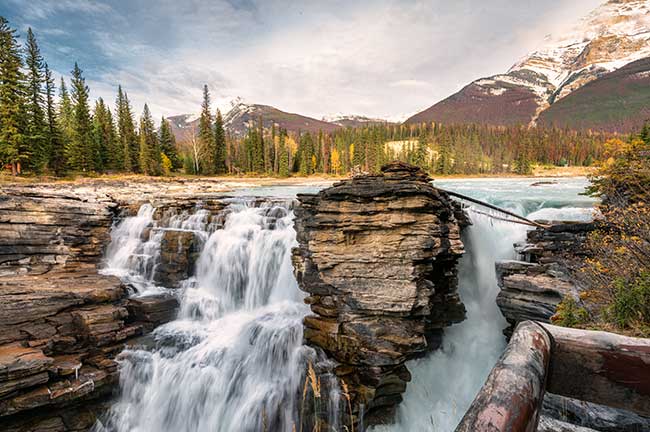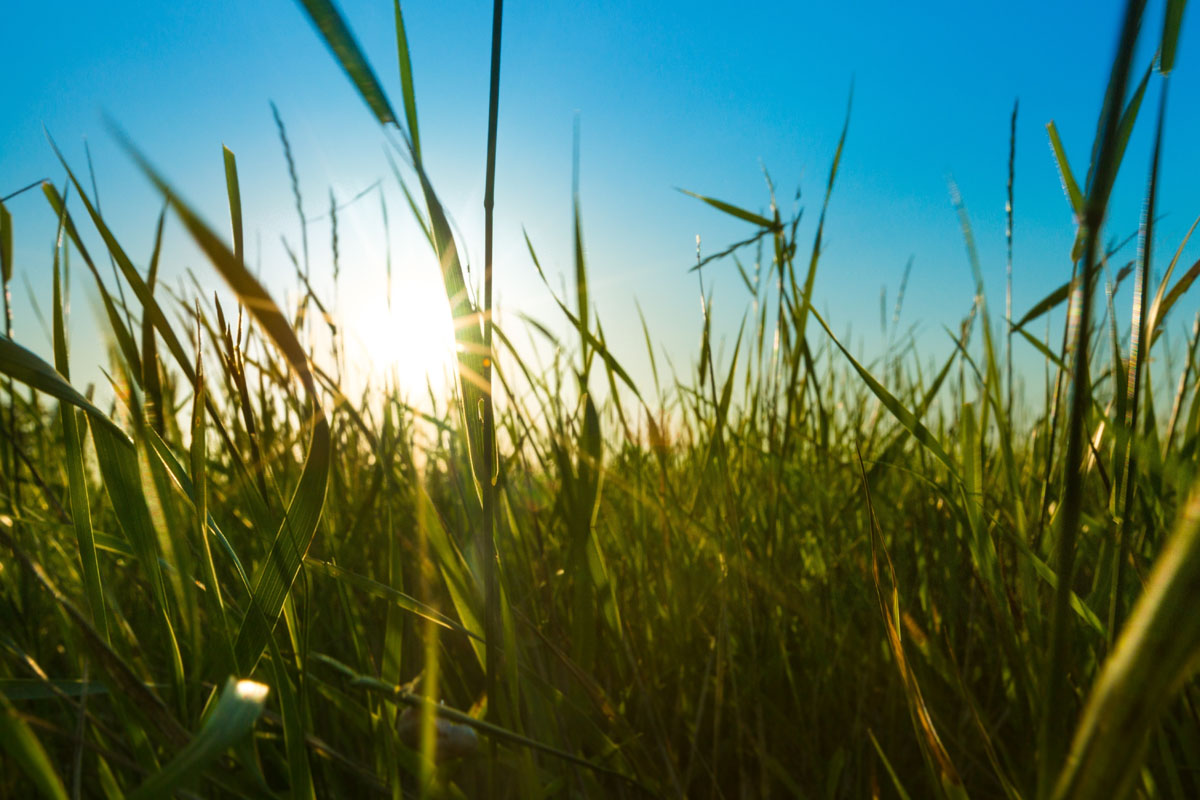
The Water Federation: Working Together to Distribute Quality Water
Formed in 1994, the Alberta Federation of Rural Water Co-operatives - also known as the Water Federation - was established to address the diverse water needs of Alberta’s rural residents. Originating in Southern Alberta, where water shortages and drought were common, farmers, ranchers, and rural communities collaborated to build distribution systems that could deliver water to homes and livestock. These systems provided both potable water for household use and non-potable water for agricultural purposes such as livestock and irrigation.
Contact Us Join the Water Federation
153+Water co-opsAt least 153 water co-ops operate in Alberta, with more likely unregistered. |
9,200Water ConnectionsAbout 9,200 water connections are managed by the Water Federation. |
40,000+Albertans ServedBetween 30,000 and 40,000 Albertans rely on co-op water systems. |
How Co-ops OperateMembers elect a Board of Directors to manage each co-op. Larger utilities may hire managers and staff. Annual meetings cover finances, business, and director elections. Co-op sizes range from 6 to 1,200 connections. Water sources vary—wells, dugouts, reservoirs, rivers, towns/cities—making rural health a major concern. The Water Federations promotes working with allied groups, sharing resources through the Rural Utilities and Safety Association (RUSA), and collaborating with similar rural utilities. |
Mission StatementAs a Not-for-Profit advocate to regulating bodies, the Water Federation ensures water co-op utilities have access to reasonable priced insurance coverage, support and training. Through implementations of the Best Practices manual, each co-op delivers to their community, safe and reliable water that meets or exceeds current standards. Our VisionSafe and secure water supply to rural Albertans for both domestic and agricultural use at a reasonable price. |
|||||
|
|||||
|
|
 |
 |
Board of Directors(Elected April 2025)
|

